The fear of saying or doing the wrong thing too sometimes means that we don't do or say anything at all to those who need it most. A message, a phone call or even a short visit can help to bring mourners comfort. Just knowing that people are thinking of them, and knowing that they're not facing their grief alone, can massively help.
It's really important to be the one who reaches out first, because your loved one might be so overwhelmed by their grief that they don't think to contact others for support. By taking the initiative, you can offer them a lifeline and remind them that they're not alone, even if they're struggling to find the strength to reach out themselves. Your presence and support can make a world of difference during this challenging time.
And just because you've said or done something once, don't think you've done your bit and that's all it needs. People grieve at different rates and may be more receptive to contact on some days more than others. Reaching out little and often is better than a grand one-off gesture.
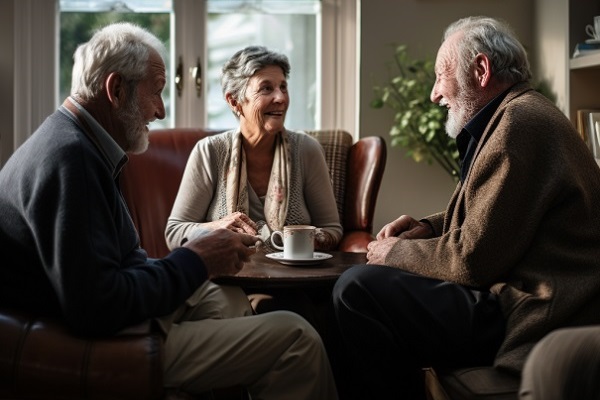
When someone is grieving, remember to listen first, speak second. Active listening provides them with a space to express their feelings and begin the healing process, and ensures you fully focus on what the other person is saying, without interrupting or planning your response while they speak. It involves being present, showing empathy, and validating their emotions.
By actively listening, you're demonstrating that you truly care about their experience and are there to support them. In giving them your full attention, you help them feel heard and understood, which can be incredibly comforting during a time of deep emotional pain.
Understanding how they're hurting allows you to offer support that is more tailored to their needs. When you listen actively, you gain insight into their specific struggles and emotions, enabling you to provide more meaningful help and comfort. This approach not only creates a deeper connection but also helps them feel less isolated and more supported in their grieving journey.
Some people think they need to change personalities when they're talking to someone who’s grieving. They either become overly positive or try to match the grief of the person they are talking to. Try to avoid saying things like ‘I know how you feel’ or ‘I’m as devastated as you are’.
Similarly, don’t try and make a positive out of the loss. Offering clichés like ‘They had a good life’, or 'They're in a better place now’, will likely do nothing to comfort anyone and can even appear to trivialise their loss.
The grieving party will find it much easier to interact if you are simply yourself. Be kind, sympathetic and available to talk when they need you, but respect their silence if they don’t.
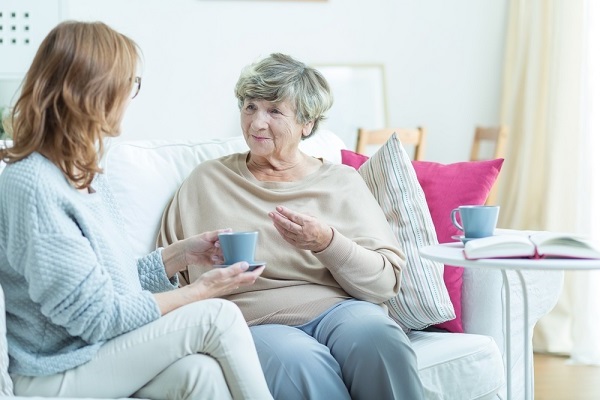
It’s not all about words. Sometimes a small gift or gesture can really lift the spirits of someone who is grieving. Flowers are traditional, but how about baking some cakes, making a meal or giving them a candle? Perhaps offer to help around the house, do some shopping or run an errand for them. Or suggest you join them for a good, long walk.
Navigating what to say to someone who is grieving can be delicate, to say the least, but your compassion and thoughtfulness can make a significant difference. Remember that grief is a deeply personal experience, and everyone processes it in their own way. There’s no one-size-fits-all approach, but here are some gentle guidelines to help you navigate this sensitive conversation:
By approaching your words with empathy and understanding, you show that you’re there to support them through their unique grieving journey, respecting their individual needs and offering your genuine presence.
When supporting someone who is grieving, it's important to be mindful of what you say, and do, to avoid unintentionally adding to their pain. Here are a few things to steer clear of.
And remember, sometimes actions speak louder than words. They might not want to talk but just need a warm hug and a shoulder to cry on. It’s not for everyone but for the right person, it can do wonders.
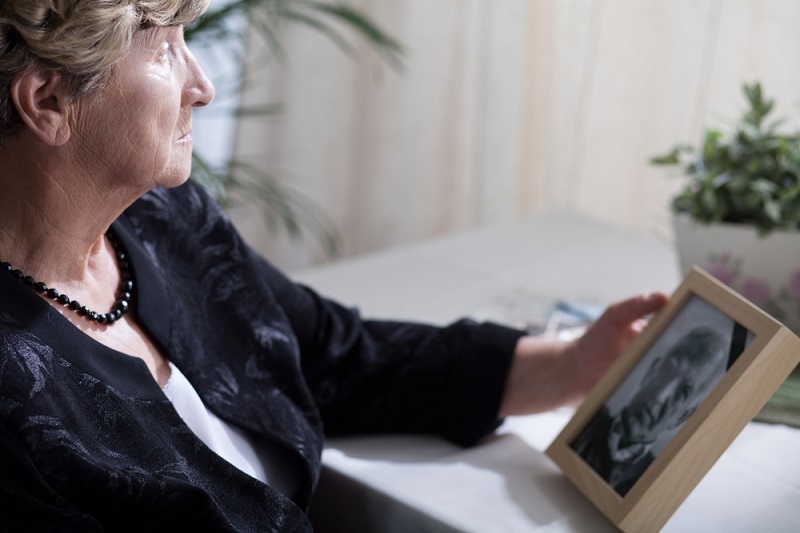
Offering to help with tasks like shopping, cooking, or funeral planning can be incredibly supportive for someone who is grieving. During such a challenging time, the everyday responsibilities and details can feel overwhelming, and having someone step in to assist can provide much-needed relief and comfort.
By taking care of these practical tasks, you give them one less thing to worry about, allowing them to focus more on their emotional healing and processing their grief. Your help can ease their burden, reduce stress, and ensure that they’re not facing these challenges alone.
Simple acts of support, like preparing a meal or handling arrangements, can make a significant difference, showing them that they are cared for and that they don’t have to navigate this difficult period by themselves.
Maintaining ongoing support for someone who is grieving can be incredibly comforting and reassuring during a time when their world feels uncertain. Grief doesn’t have a set timeline, and the need for support can extend long after the initial loss.
What does ongoing support look like? Here are a few ideas:
By being a consistent and compassionate presence, you help them feel less isolated and more supported as they navigate their grief. Your ongoing care can provide a steady source of comfort and strength, reinforcing that they have someone they can rely on throughout their healing process.
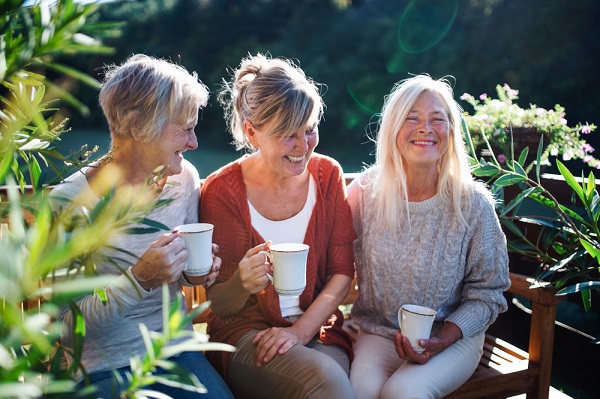
Being aware of the signs of depression can be crucial in supporting someone who is grieving, as grief and depression can sometimes intertwine, the line between the two becoming blurred. Understanding these signs helps you provide the right kind of support and encourages them to seek professional help if needed.
Complex grief, or complicated grief, is when the grieving process becomes prolonged and severe, impairing a person’s ability to function normally. It often involves intense, enduring sorrow and difficulty accepting the loss. Those experiencing complex grief might feel stuck in their grief, unable to move forward or engage in life as they once did.
The main takeaways of helping someone who is grieving? Offer unwavering support with empathy and patience.
Grief is a deeply personal and often unpredictable journey, so being present, listening without judgement, and respecting their unique process are crucial. Simple gestures, like offering practical help, or just being there to listen, can provide immense comfort.
It’s important to remember that your ongoing presence and understanding can make a significant difference, showing them they are not alone in their sorrow and that their feelings are valid. Your compassion and willingness to support them through their healing process can offer solace and strength during this challenging time.
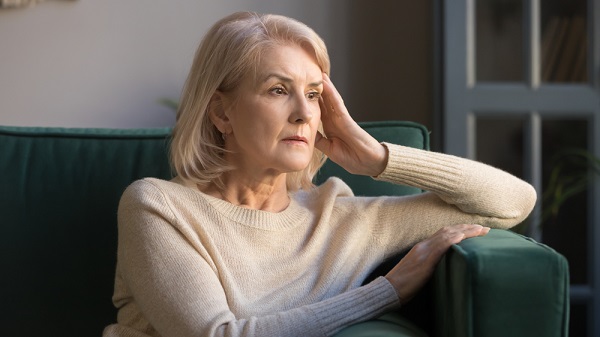
Supporting someone when they're grieving comes with its own set of specific challenges. Challenges that you may have previously experienced with another person who lost a loved one, or perhaps this is your first time navigating the unpredictable waters of loss.
Death is something that will affect us all at some point or another, and supporting someone through grief can naturally make us think about our own mortality, and that of our own loved ones. When it comes to our own death, one of the best things we can do to support our loved ones in the grief to come, is to prepare our funeral arrangements in advance.
Whether you’re thinking of a traditional burial or a simple cremation, setting up a funeral plan ensures that your loved ones are protected from the financial and emotional burden of arranging a funeral at such a profoundly difficult time. At Distinct Cremations, we offer a range of straightforward funeral plans that can be paid for upfront or in monthly instalments for up to 10 years, to help you support your friends and family through grief.
We offer the highest level of support, but don't just take our word for it. Below are recent reviews from customers who bought a funeral with us.





